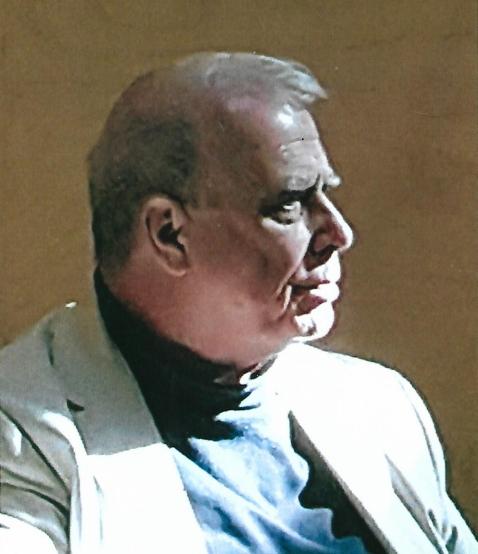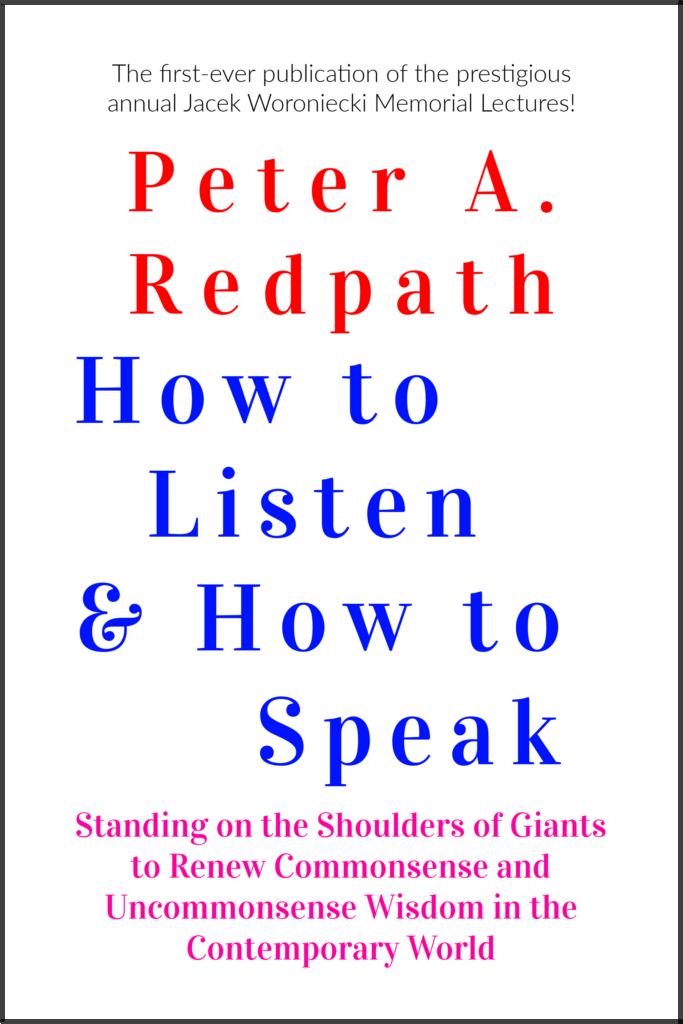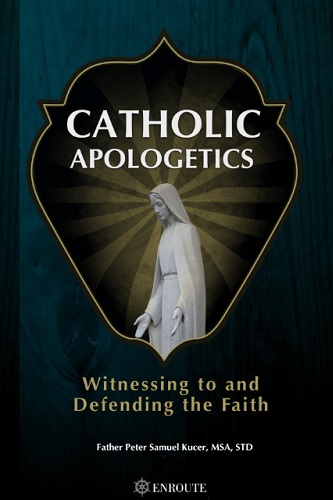ITEST Webinar
Media Bias: The Manipulation of Faith, Science, and Technology
This webinar was presented on June 19, 2021.

Consider joining ITEST today!
Our Presenters
Dr. Peter Redpath
Modern Media Bias and the Lost Liberal Arts of Listening and Speaking

Dr. Peter A. Redpath is presently Rector of the Adler-Aquinas Institute; founder and former Chair of the St. John Paul II Thomistic Studies Graduate Philosophy Concentration in Christian Wisdom for Holy Apostles College and Seminary; CEO of the Aquinas School of Leadership; and a contributing scholar in the Thomistic Studies graduate program at the University Abat Oliba, Barcelona, Spain. Former Full Professor of Philosophy at St. John’s University, New York, Redpath has taught philosophy on the college and university level for over 52 years, plus courses at the Staten Island, Arthur Kill Correctional Facility and New York City’s Riker’s Island. He was a member of the New York Press Club and editor of The Staten Island Eagle, a monthly newspaper delivered to over 130,000 houses in Staten Island. His most recent book, How to Listen & How to Speak, was published by En Route Books & Media in June, 2021.
Dr. Thomas Sheahen
Understanding the Patterns of
Persistent Media Bias

Dr. Thomas P. Sheahen was Director of the Institute for Theological Encounter with Science and Technology – ITEST from 2008 to 2021 – and one of the co-founders of the Apologetics concentration in the MA in Theology program at Holy Apostles College & Seminary. He has written frequently on faith-science topics, stressing their compatibility. Sheahen authored the textbook “Introduction to High Temperature Superconductivity.” Tom is Chairman of the Science and Environment Policy Project (SEPP). Established in 1990, its mission is to challenge government environmental policies based on poor science. The group stands for objective science, based on hard evidence. In this work, Tom has dealt first-hand with publication bias regarding scientific papers. Dr. Sheahen holds B.S. and Ph.D. degrees in physics from the Massachusetts Institute of Technology.
Webinar Resources
Note: The draft of the above article is reprinted with permission by Fr. Pawel Tarasiewicz of Studia Gilsoniana. A Journal in Classical Philosophy; the final article will be posted at Studia Gilsoniana 10, no. 2 (April–June 2021) by the end of June.
by Dr. Peter Redpath
Mortimer Adler stood on the metaphysical and moral teachings of Aristotle and Saint Thomas Aquinas to convey to his readers an understanding of the nature of Aristotle’s rhetoric as an essential means for transmitting to readers of his time and to posterity a specific understanding of philosophy as an essential humanistic, educational tool that might, someday, be able to issue in global peace. Thus understood, rhetoric enables teachers to convey a living tradition of uncommon common sense wisdom and promotion of peace among human beings from one generation to another. In so doing, it trans-generationally transmits uncommon commonsense metaphysical wisdom and moral prudence in the form of a cultural heritage as a traditional enterprise (team effort) that fosters trans-generational improvement of individual and social life, and peaceful and cooperative living together.
Catholic Apologetics: Witnessing to and Defending the Faith
by Very Rev. Peter Samuel Kucer, MSA
Catholic Apologetics teaches a budding apologist how to effectively witness to and defend the faith. We begin with a presentation of virtues an apologist is to embody, which includes both moral and intellectual virtues. The reader is taught how to use basic logic, rational argumentation, and non-rational argumentation to further the Good News of Jesus Christ. Apologetic topics that are presented include God’s existence, the presence of evil, faith and science, Christ’s divinity and resurrection, sola scriptura, the Eucharist, the Papacy, the Blessed Virgin Mary, the Communion of Saints, Mormonism, Hinduism, Buddhism and Islam.


